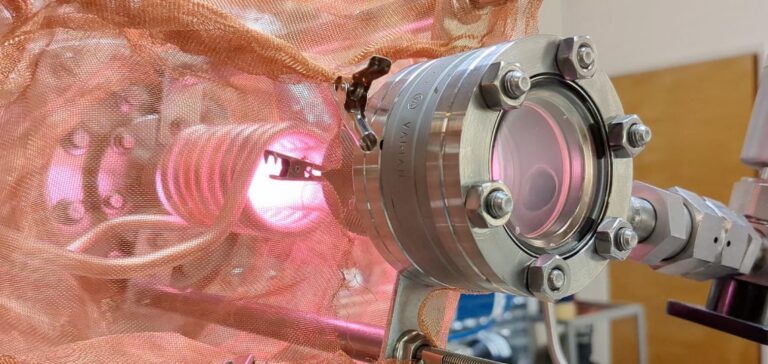Marathon Fusion, an emerging company in the energy fusion sector, has been selected to receive funding under the Department of Energy’s (DOE) INFUSE program.
This program, designed to foster technological innovation in fusion, supports collaborations between private companies and top-level academic institutions.
The aim is to overcome the current technical challenges in this field, which is crucial to the future of energy.
The project supported by the DOE concerns the development of specific membranes, designed to improve the efficiency of fuel recycling in fusion reactors.
The partnership established with the Colorado School of Mines will make it possible to exploit recent technological advances in materials processing, necessary for the recycling of deuterium and tritium, two isotopes essential for the operation of fusion reactors.
Strategic partnership with Colorado School of Mines
The integration of Colorado School of Mines’ expertise in this project aims to optimize fusion fuel recycling processes, a central issue for the profitability and sustainability of fusion power plants.
The role of the membranes developed is to maximize the recovery of precious isotopes while minimizing losses, thus contributing to the overall efficiency of the reactor.
This project is part of a broader DOE strategy, which leverages the INFUSE program to accelerate the advancement of fusion technologies, by fostering public-private partnerships.
The collaborative approach adopted by Marathon Fusion, working closely with academic institutions, reflects a determination to rapidly overcome the technical obstacles still holding back the commercialization of fusion.
Energy merger: a major challenge
As a future energy source, fusion requires constant innovation to become an industrial reality.
The DOE’s support via INFUSE is recognition of Marathon Fusion’s potential to make a significant contribution to this breakthrough.
By developing more efficient recycling solutions, the company is helping to reduce operating costs and improve the performance of future reactors.
The company’s focus on optimizing fuel treatment processes is a direct response to the industry’s growing demand for sustainable and economically viable solutions.
The success of this project could well set a new standard for the sector, making fusion technology not only possible, but competitive with other energy sources.






















